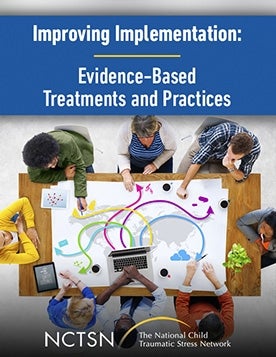
Implementation Summit: Panel Webinar
Is an abridged version of the opening plenary from the 2015 NCTSN Implementation Summit. This webinar discusses questions addressed in the plenary that permeated throughout each of three Summit tracks.
The NCTSN has produced dozens of webinar series, comprised of virtual presentations by expert researchers and practitioners, on various topics in the field of child traumatic stress. Most webinars are from 60 to 90 minutes in length and are available for continuing education credit.

Is an abridged version of the opening plenary from the 2015 NCTSN Implementation Summit. This webinar discusses questions addressed in the plenary that permeated throughout each of three Summit tracks.
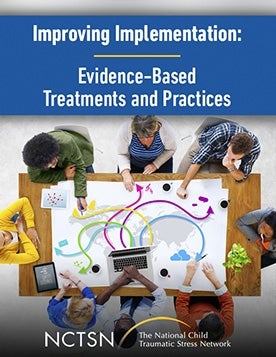
Promotes the successful training, adoption, implementation, and sustainability of evidence-based treatment and practices.
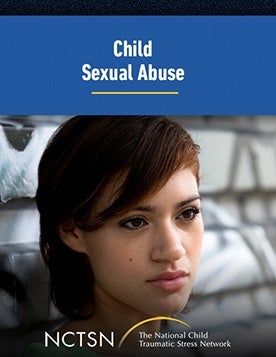
Discusses sexual assault that occurs within the context of ongoing relationships and those that occur in a one-time interaction (e.g., at a party, among casual acquaintances, friends who are not in an ongoing intimate/romantic relationship).
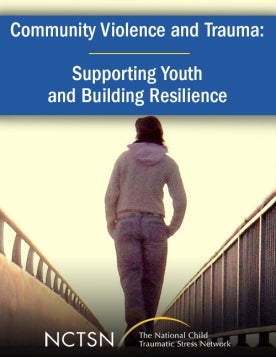
Discusses the key causes, major consequences, and professional responses related to community violence and its traumatic stress-related impacts on youth.
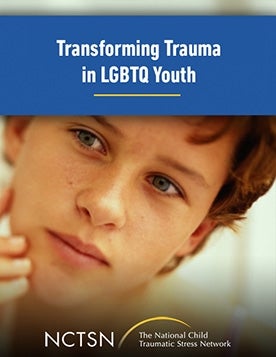
Discusses the Safe Places, Safe Spaces video product.
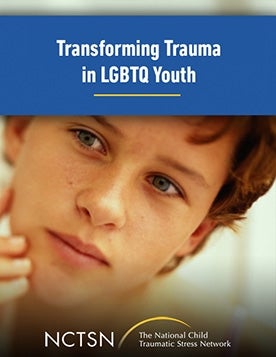
Offers concrete strategies and recommendations for providers working with LGBTQ youth who have experienced trauma. This webinar series discusses how to increase access to services, create a safe environment for care, and work with families and schools.
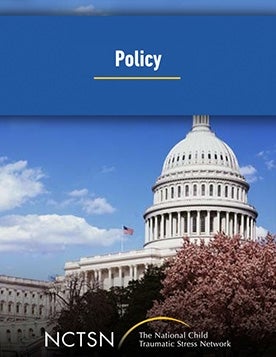
Addresses several local, state, and federal policy issues. This webinar series includes presentations from key policy experts, NCTSN members, affiliates, and partners who have played a leadership role in child trauma policy efforts.
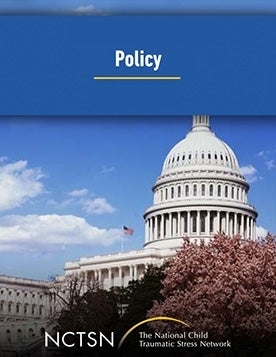
Guides participants in understanding the Defending Childhood Initiative and its policy implications for the child trauma field.
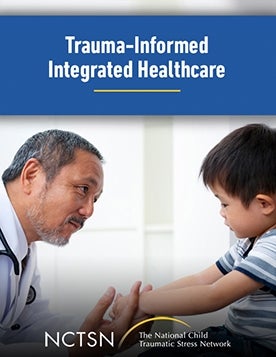
Provides a trauma-informed integrated healthcare model for conceptualizing young children exposed to violence and other traumatic stressors.
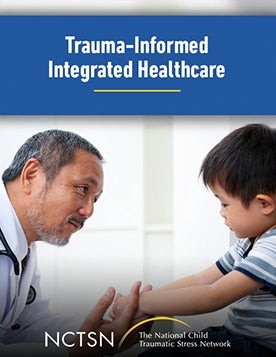
Lays a groundwork of fundamental knowledge about integrated health care and how it relates to trauma.
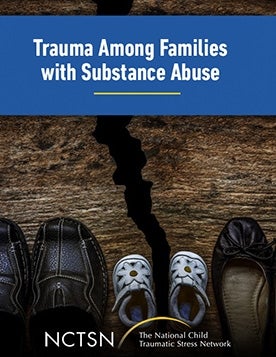
Provides a picture of the challenges experienced by families caring for youth with trauma and substance use.
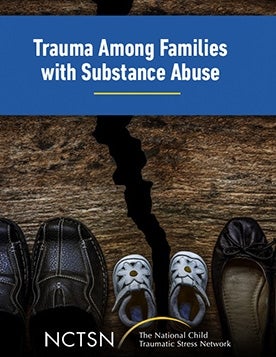
Offers perspectives on the intersections between trauma, caregiver substance use, parenting, and prenatal substance use exposure.